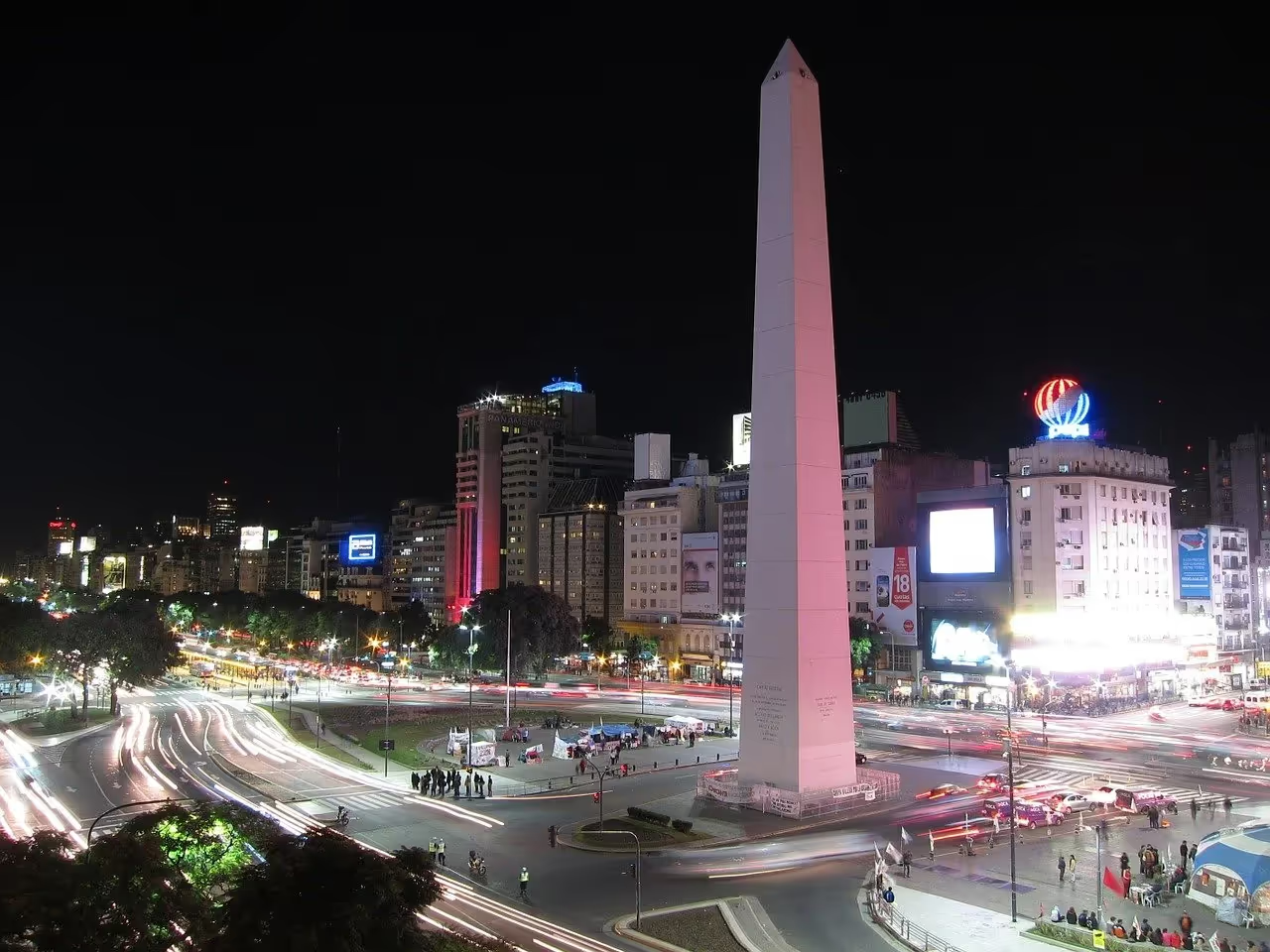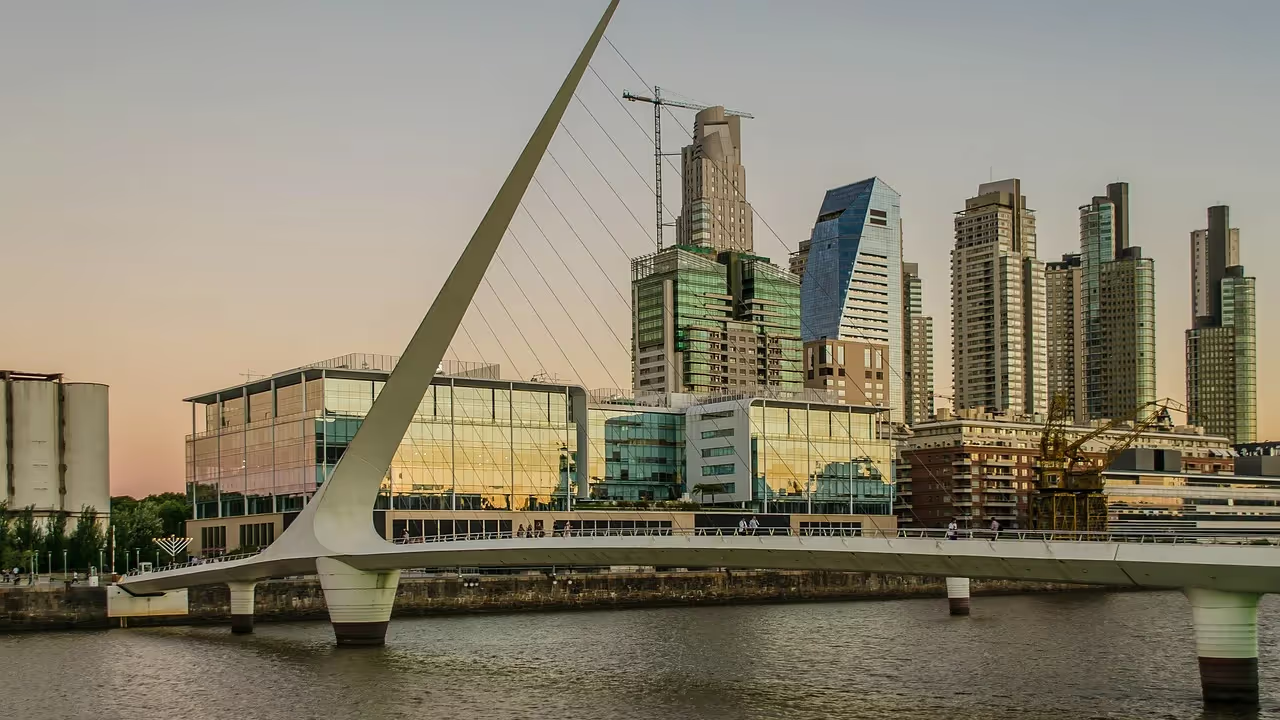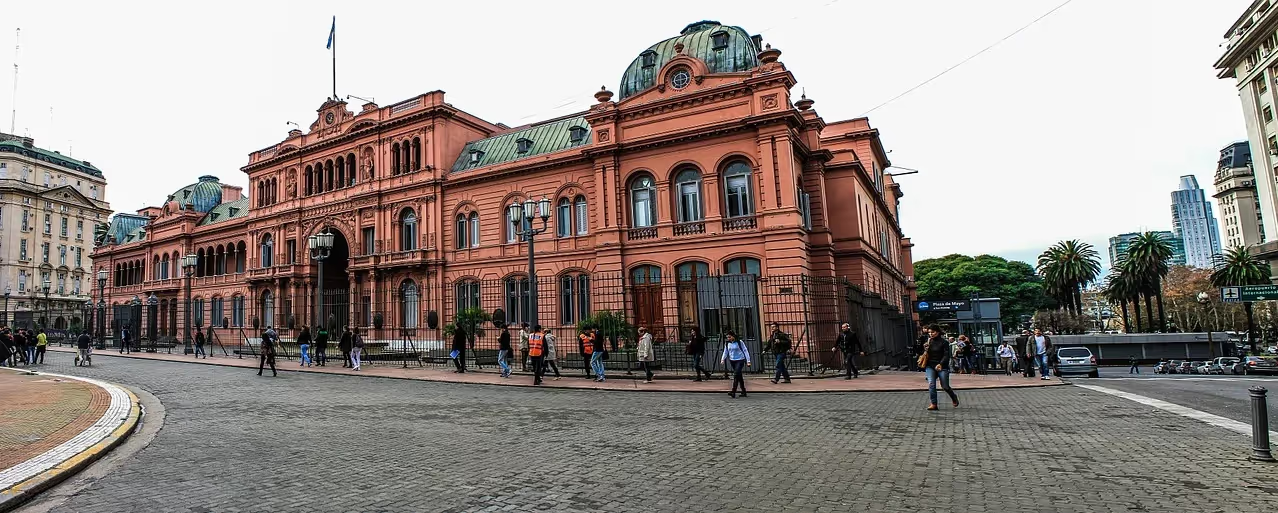Known for its European cultural roots, fine wineries, the mate, and exquisite asados, Argentina has also become one of the biggest tech hubs in Latin America. Argentina's tech scene has grown exponentially despite facing economic challenges in the last decade, mainly because of a new focus on education, government support, great tech talent pools, and the convenient time zone and labor costs.

The Argentinean tech ecosystem is at the center of the international scene nowadays. With the imposition of the Software Law and the Law of Entrepreneurs in 2017, the country has increased tech development in the region and motivated entrepreneurs to start businesses.
Previously ranked within the top 10 economies in Latin America and the Caribbean by the World Economic Forum, Argentina has established great pillars to leverage its tech talent. Today, the country continues on the innovation path with a growing community of innovative entrepreneurs and a tech-savvy consumer base. In this article, we will tell you how Argentina has positioned itself on the global tech stage.
The Tech Ecosystem in Argentina
In 2000, Buenos Aires became a leading tech hub because of a wave of successful technology companies, including MercadoLibre, OLX, Despegar, and Globant. Currently, these companies employ thousands of people across Latin America.
With a market capitalization of over US$15 billion, MercadoLibre has become an e-commerce giant that continuously finds new ways to innovate and expand its geographical boundaries within Latin America. MercadoLibre (Latin America’s Amazon) has its primary headquarters in Buenos Aires. With over 166 million active users, the platform has become one of the biggest tech companies in Latin America, with more than 15.000 workers across six countries.

Despite the economic turndown caused by the pandemic in 2020, the government’s policies have made it easier for entrepreneurs and tech startups to start and keep businesses running. Nevertheless, many Argentinean startups are turning to blockchain technology to protect their businesses against financial instability. Moreover, Argentina is home to the Latin American Bitcoin and Blockchain Conference, where the objective is to promote blockchain as an essential tool for financial inclusion in the region.
Argentina is the leader within the financial technology (Fintech) industry in Latin America. Its relationships with international funds and national banks have helped financial startups, digital currencies, and blockchain entrepreneurs to thrive. Therefore, local tech talent and international investors have found an excellent opportunity to increase their revenue and develop strong business skills to maintain their entrepreneurial standards.
Argentina is a Mature Market for International Projects
Argentina is a prime candidate for international outsourcing, primarily because of its high number of English speakers (6.5 million approximately) and its standard time, which is just one hour ahead of EST (two hours early depending on the time of the year). That’s why the country has become the primary destination for North American regions for tech services, web development, and customer service projects in the area. Since 2017, registering a business can take as little as one day with the new Law of Entrepreneurs. This legislation has not only helped local entrepreneurs but has also attracted international investment to Argentina.
Big tech companies such as Google, Oracle, IBM, and Salesforce continuously look to Argentina to hire IT workers and software engineers. Multinationals are constantly looking at the country because of its excellent tech talent pool (Over 130k candidates) and low labor costs (Software engineer salaries are 75% lower than in the US).
“We decided on Argentina by analyzing the quality of its university education. We usually employ young people who have a good education; We reviewed our options, and Argentina seemed the best possible business decision. When we analyzed, we saw that the country has outstanding universities, which is a reasonable basis for us; we rely heavily on universities. The government gave us much support in this, too”, said Google’s Eric Schmidt in an interview with Argentina’s biggest newspaper La Nación.
When asked about JP Morgan’s presence in Argentina, CIO Lori Beer stated:
Buenos Aires has become especially relevant since it was established to meet the needs of JP Morgan in every corner of the globe. We are very excited about what is happening in Buenos Aires, which has become a critical place, a critical piece that supports our banking business.
Argentina’s Tech Talent Pools
Argentina is not only home to Lionel Messi and Pope Francis, but it is also the homeland of a vast and well-educated IT community of over 130,000 software developers and engineers. According to Coursera’s 2019 Global Skills Index, software engineering skills in Argentina are leading in the region and worldwide.

The tech industry in Argentina is highly qualified, and it provides a wide variety of tech positions that have made the region an excellent opportunity for investors and business partnerships. According to the OECD, the country is home to a well-skilled and educated workforce where 40% of young adults have completed a college education, positioning Argentina above the G20 tertiary education average.
A New Tech Focus in Argentina’s Education System
Based on the economic challenges that the country has had to face within the last decade, the education system in Argentina now aims for entrepreneurs to innovate solutions to the nation's main problems. Blending high English proficiency skills with certified tech talent and the government's support, Argentina has created a mature tech market that provides international services with the highest required standards.

Argentina periodically ranks among the highest educated populations in Latin America due to its free higher-education programs. As stated in the QS World University Rankings in 2020, Argentina's public universities have ranked 66th globally, leading the podium in Latin America. The UTN (Universidad Tecnológica Nacional) provides undergrad and postgrad courses that include systems engineering, software development, and UX design certifications. With MercadoLibre and Globant becoming essential IT services on the international market, professionals in the country with UTN credentials are constantly in demand.
Where are Argentina’s Main Tech Hubs?
Argentina is a well-connected country in comparison with its neighbors. Of the 44 million habitants, approximately 30 million (68% of the population) have internet access. Even though there are regions in Argentina where 4G networks have not been fully deployed, connectivity companies have been preparing since 2020 to implement 5G networks in the country. Speed connections can reach up to 20 Gbps, which will increase IoT (Internet of things) and innovative city developments in Argentina. The cities that have become Argentina's leading tech hubs are Buenos Aires, Cordoba, Mendoza, and Rosario.

Thanks to legislative efforts and a vast talent pool, the country is moving forward and gaining a solid reputation on the glocal tech scale. Moreover, international investments and a highly educated population made Argentina a leader in the region and scouted by the biggest North American companies.
If you're a CEO or Founder of an innovative startup that is looking for great tech talent, Teilur Talent is the right solution for you!
Teilur Talent is the top IT recruiting and staffing firm in Latin America and you can access to our exclusive network of top Engineers, Software Developers, Product Designers & Data Experts by clicking here.







